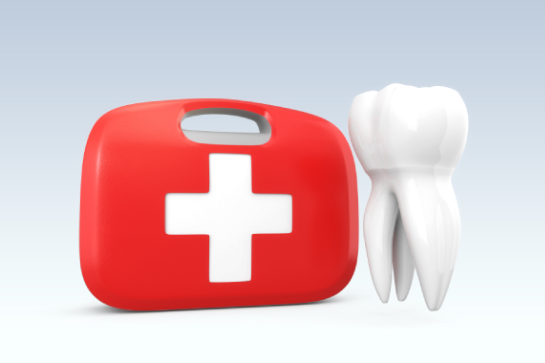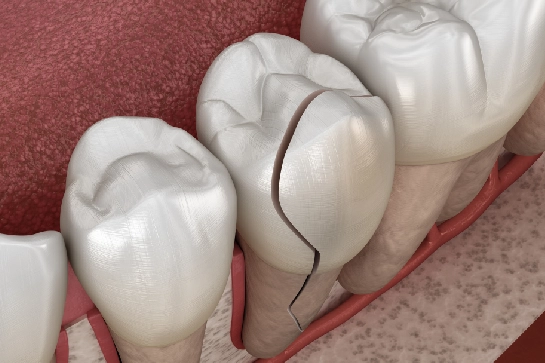Emergency Dentist
Emergency Dentist in Jupiter, FL

A dental emergency, whether it is experienced by your teeth, gums, or elsewhere, can have severe ramifications if ignored, especially when effects are permanent or require extensive, expensive treatment in the future. To prevent dental emergencies from occurring, you should always:
- Wear a mouth guard when you are participating in sporting activities. Use a mouth guard to protect yourself, particularly if it is a contact sport like hockey, football, and boxing. Mouth guards can help prevent serious mouth injuries, including bleeding gums and chipped or knocked out teeth.
- Eat carefully and wisely. Although teeth are strong, you can still crack or chip a tooth by eating hard candy, nuts, or chewing crunchy meat (bacon). Use caution when you bite down on these products, or simply remove them from your diet because they are not worth the risk of chipping a tooth.
- Avoid chewing on items that are not edible. Many patients have oral tendencies, such as biting their nails or chewing on pens. This can cause cracks or chips in their teeth. Swap these items for sugarless chewing gum, a product that stimulates saliva production and cleanses bacteria.

Toothaches
Rinse your mouth with warm water and use dental floss to dislodge any food that lies between your teeth. When your mouth is swollen, apply a cold compress to the outside of your mouth or cheek. Aspirin, or any other painkiller, should not be put against your gums near the aching tooth since it may burn your gum tissue.
Chipped or Broken Tooth
Salvage any pieces and rinse them in warm water, along with your mouth. For bleeding, apply a piece of gauze to the area for roughly ten minutes or until the bleeding completely ceases. Then, apply a cold compress to the outside of your mouth, cheek, or lip near the broken or chipped tooth in order to limit any swelling and relieve discomfort.

Knocked-Out (Avulsed) Tooth
Knocked-out (also known as avulsed) teeth, are exactly what they sound like – teeth that have been completely knocked out of their socket. Time is of the essence here. The tooth should be handled gently, without touching the root surface. A knocked-out tooth should be quickly and gently rinsed in water, without any soap or other cleaning agents. You should also avoid scraping or brushing the tooth with a toothbrush. If you can, place it back in its socket as soon as possible – the less time it spends outside its socket, the greater chance there is to save it. Once the tooth is placed back in its socket, we will check for other dental and facial injuries, and then a stabilizing splint will be placed for a few weeks to support the tooth. If the tooth cannot be placed back in its socket, you should place the tooth in a bag of milk and head to our dentist office, or nearest emergency room.
QUICK LINKS
MEET OUR DOCTORS
OFFICE LOCATION
- New Patients: 561-264-2467
- Current Patients: (561) 677-2625
- 759 Parkway St #102, Jupiter, FL 33477
- Mon: 9:00AM-5:00PM
- Tues - Fri: 8:30AM-5:00PM
- Sat: 9:00AM-1:00PM
- Sunday: Closed


